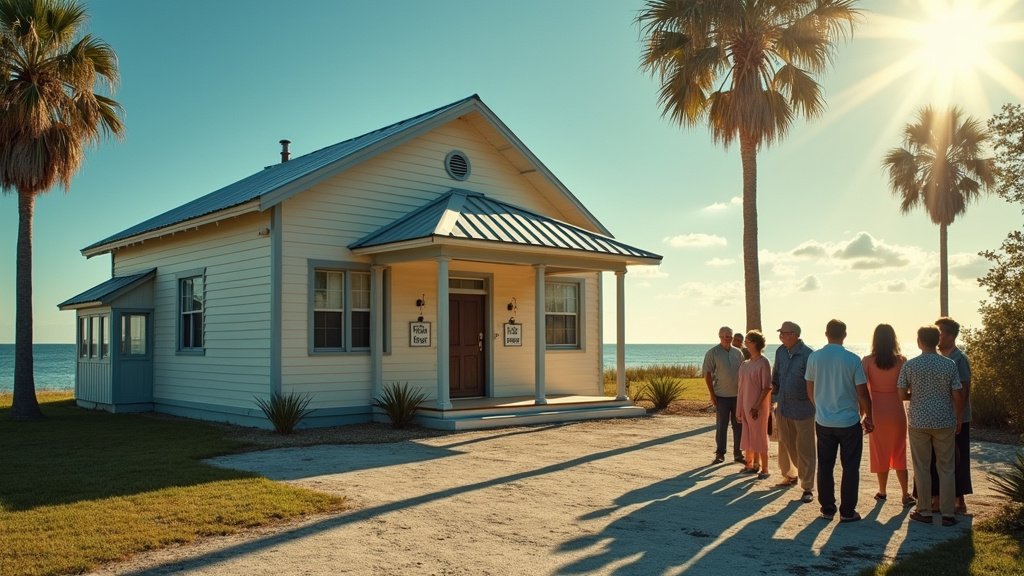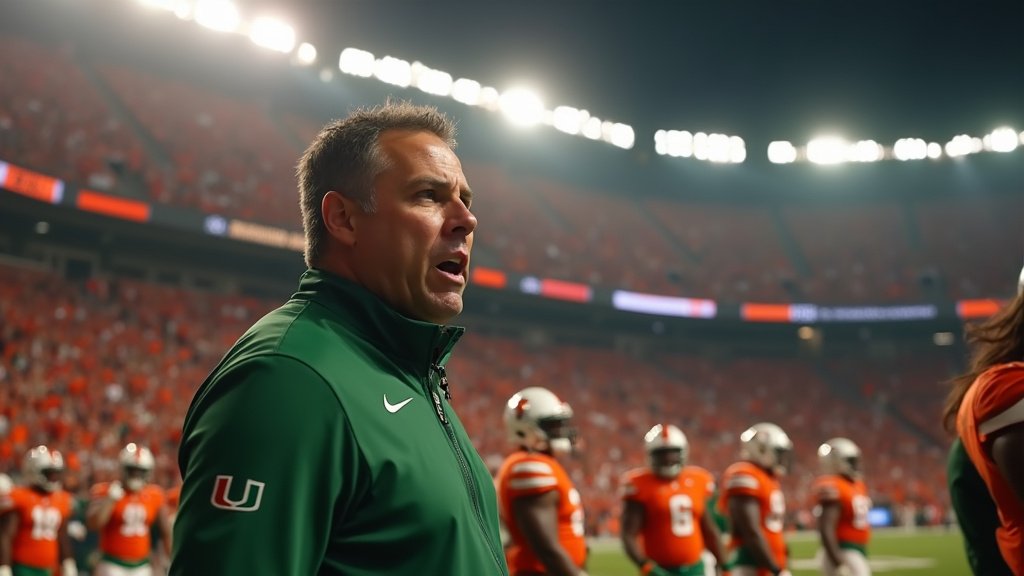Miami-Dade County is taking the City of Hialeah to court in a significant legal showdown over a substantial water and sewer debt, escalating a fiscal dispute that has been brewing between the two government entities. The county alleges that Hialeah owes approximately $18.1 million for services rendered between November 2020 and September 2023, a claim that Hialeah’s interim mayor has vehemently contested, citing faulty metering as the root cause.
The Mounting Water Debt
The core of the conflict lies in Hialeah’s alleged failure to meet its financial obligations to Miami-Dade County for vital water and sewer services. According to a letter from Miami-Dade Mayor Daniella Levine Cava’s office, the county had notified Hialeah in June 2023 that it owed over $27 million. While Hialeah made some payments in July and August of that year, the outstanding balance remained considerable, reaching $18.1 million by July 2024 for services past 90 days due. The county also noted a separate, smaller debt of over $1.2 million that was less than 90 days old. Miami-Dade has stated that Hialeah has been current on its sewer service invoices only since October 2023, a point that came nearly a year after Mayor Esteban “Steve” Bovo took office.
Miami-Dade County has issued an ultimatum: pay the $18.1 million by August 31st, or enter into a payment arrangement allowing Hialeah to clear the debt over five years with a 3% interest rate, a plan that would bring the total repayment to $19.5 million. The county views Hialeah’s non-payment as a breach of their agreement and argues that the failure to pay unfairly burdens other water and sewer customers across Miami-Dade County.
Hialeah’s Stance: Faulty Meters and Disputed Figures
Interim Hialeah Mayor Jacqueline Garcia-Roves has directly challenged the county’s claims, asserting that Hialeah does not owe the amount cited. At a press conference, she stated her belief that a faulty meter has been inaccurately measuring wastewater, registering air instead of water, and that the city refuses to pay the disputed $18 million with taxpayer funds. This stance echoes previous comments from former Mayor Bovo, who, in an April interview, highlighted a “longstanding issue concerning the billing for wastewater flows” between Hialeah Public Works and the county.
In response to the county’s demand, Hialeah requested an extension until September 30th. The city has also sought public records related to sewer flow data from the past decade and has called for a state audit of the Miami-Dade Water and Sewer Department, citing rising costs and alleged fiscal impacts on Hialeah residents. Garcia-Roves has also put forth a plan that includes refusing to pay the $18 million debt, eliminating the city’s jointly operated reverse osmosis water treatment plant, and launching a program for residents to install a second water meter.
A History of Water and Sewer Complexities
Hialeah’s water supply is complex, with the city receiving half of its water from Miami-Dade County and the other half from a reverse osmosis plant jointly owned by the city and the county. Additionally, Hialeah pays the county for all its sewer services. This intricate relationship is further complicated by Hialeah’s aging water and sewer infrastructure, particularly in the eastern parts of the city, where pipes installed in the 1960s are prone to leaks and infiltration, increasing the volume of water processed at treatment plants. These infrastructure issues have contributed to high water and sewer bills for Hialeah residents, exacerbated by county rate increases and city franchise fees.
In the past, Hialeah has explored options for managing its public works, including discussions about transferring its Public Works Department to the county, though no agreement was reached. Similarly, Miami-Dade rejected Hialeah’s proposal to transfer its stake in the jointly operated reverse osmosis plant as a means to settle the debt, with county officials noting the plant is not functioning optimally and that transferring it would not be beneficial for settling the debt.
County’s Legal Recourse and Broader Implications
Miami-Dade County maintains that its Water and Sewer Department is an enterprise operation funded solely by customer payments, not taxpayer dollars. The county argues that Hialeah’s refusal to pay its bills creates an unfair financial burden on all other county customers. To resolve the impasse, Miami-Dade has initiated the formal dispute resolution process under the Florida Governmental Conflict Resolution Act, a precursor to potential litigation if a mutual agreement cannot be brokered.
This news arrives as Hialeah residents continue to grapple with high utility costs. Recently, the city council approved the suspension of a franchise fee to buffer residents from county rate hikes, a move intended to absorb $11 million in increased costs. However, some residents have voiced skepticism, preferring the city address customer service deficiencies rather than focusing solely on bill adjustments.
The escalating dispute between Miami-Dade County and Hialeah over water debt underscores a deeper, ongoing tension regarding utility management and financial responsibilities. As the legal proceedings loom, the outcome could have significant financial implications for both municipalities and their residents, highlighting the critical need for clear agreements and timely payments in public utility services. This news continues to develop, with both sides holding firm to their positions in this contentious financial battle.
Editorial Note
This news story reflects a complex intergovernmental fiscal dispute that impacts public services and resident costs. The detailed reporting aims to provide clarity on the allegations, defenses, and the historical context surrounding the Miami-Dade County’s lawsuit against Hialeah. Understanding these financial disagreements is crucial for informed civic engagement in the Miami metropolitan area.





